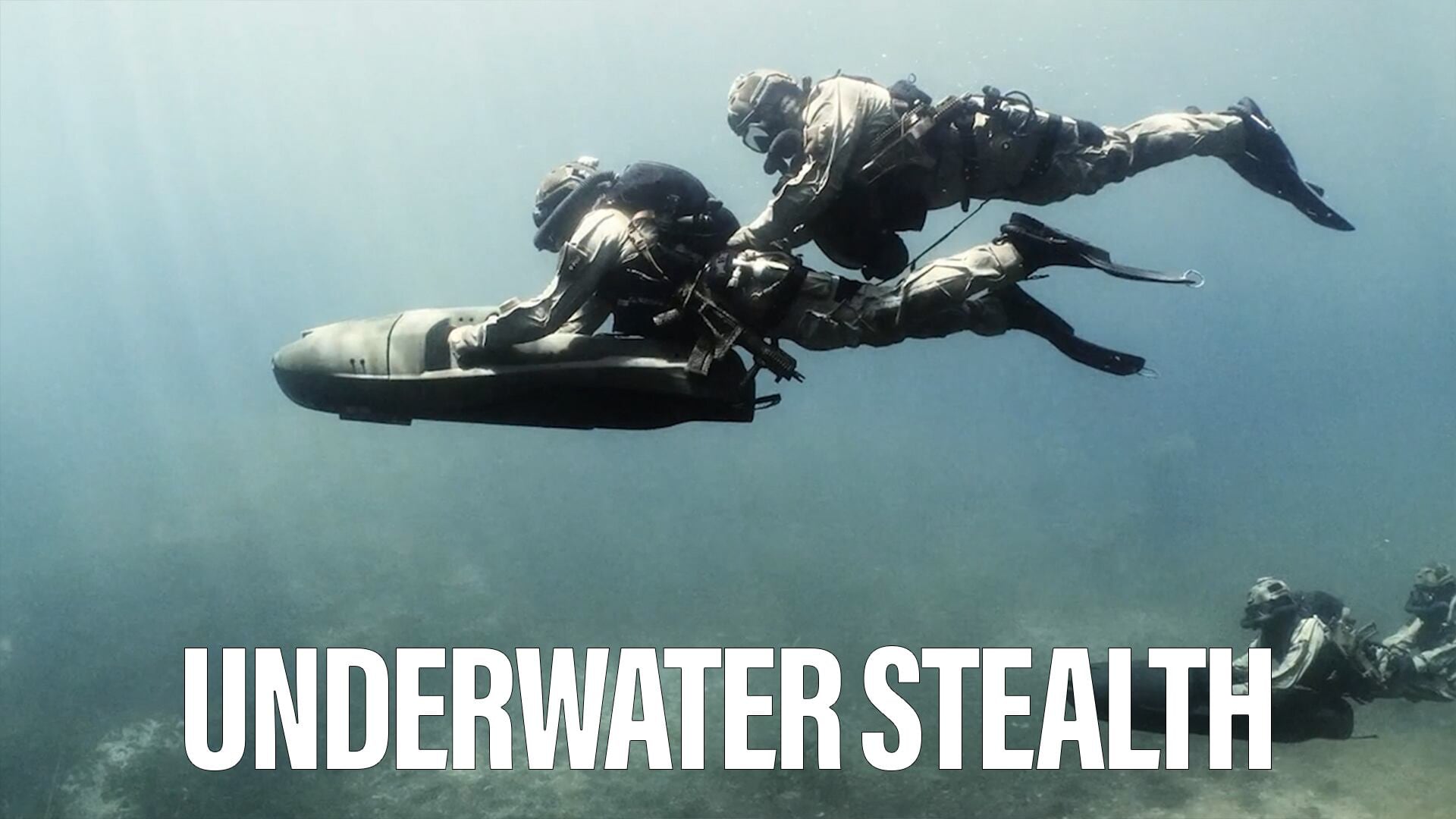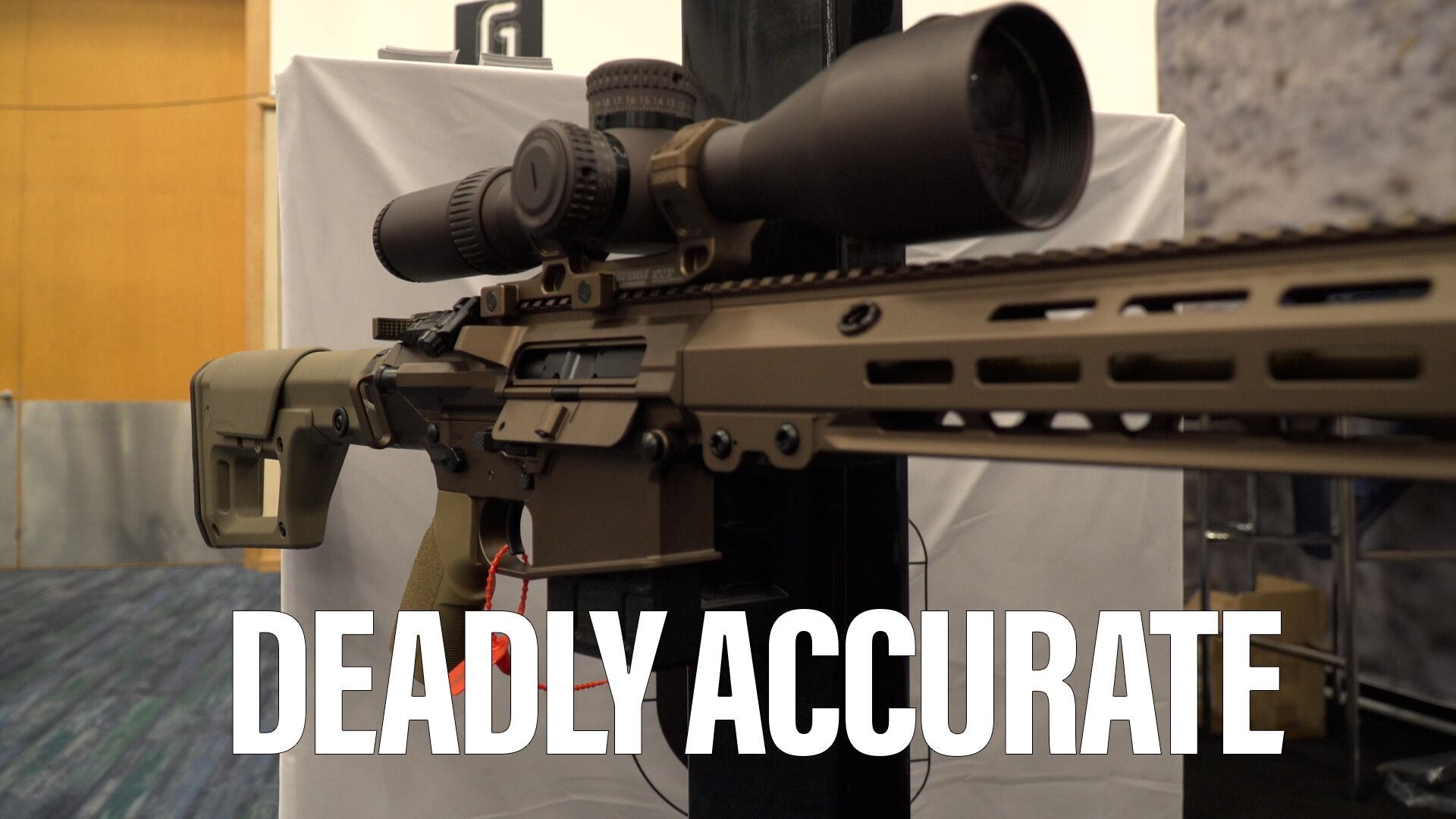The trans-Atlantic security community is abuzz with the idea that Finland might soon be joining NATO. The betting money is that Finland, and perhaps Sweden as well, will request NATO membership before the June NATO summit in Madrid, barring a major political or military surprise.
Widespread, if not universal, support exists within the alliance for Finnish membership. Unfortunately for Finland, and perhaps for the alliance, there is likely to be a significant delay between Finland’s request and full NATO membership. After all, joining NATO requires amending NATO’s founding document, the Washington Treaty. That takes time — certainly weeks, if not a year or more — as the amended treaty must be ratified by all 30 alliance members.
Here is how the ratification debate is likely to unfold:
Finland’s supporters within NATO will argue that from a military-security perspective, Finland represents value added to the alliance. Finland has a large, well-trained, capable ground force and an increasingly capable Air Force that are already interoperable with NATO. Finland can unilaterally defend itself for days, if not weeks — something few alliance members can claim. Finland has decades of experience monitoring Russian activities along their shared 833-mile border, expertise that could improve the alliance’s situational awareness. Indeed, Finland’s addition to NATO could make defending the Baltic States easier, in that Finland gives NATO another reinforcement route beyond the narrow Suwalki Gap connecting Lithuania and Poland or sailing past the Russian exclave of Kaliningrad.
From a U.S. perspective, Finland could help ensure the security of Northern Europe and allow the U.S. to focus more attention on China and Indo-Pacific security issues. Supporters also will note the obvious political and cultural affinities between Finland and NATO members, and Finland’s status as an institutionalized democracy that protects civil liberties and follows the rule of law.
Skeptics may argue that Finland’s membership is not without risk. Adding Finland could antagonize Russia, in that Finland joining NATO would double the overall border between NATO and Russia. In the event of a conflict involving Finland, Russian supply lines would be considerably shorter than would NATO’s. Reinforcing Finland could be difficult in the extreme. All Finnish territory, all maritime approaches through the Baltic Sea, and significant parts of the overland approaches from Norway into northern Finland or through Sweden are well within range of Russian military systems stationed near the Finnish-Russian border, in Kaliningrad, the Kola Peninsula and the Barents Sea. Those systems include surface-to-air, anti-ship and ground-attack missiles, some of which are nuclear capable.
That is not to say that reinforcing Finland is an impossible task, but skeptics will point to the escalatory risks in attempting to do so.
These are predictable debates, as is their outcome. Russia is the true wild card here.
Russia will do everything in its power to amplify the skeptics’ arguments in the lead-up to Finland’s request and during the treaty ratification debates in each NATO country. Finland and NATO members could be subject to Russian disinformation campaigns, cyberattacks, and other so-called active measures, military harassment or even outright military attack. In a blatant scare tactic, Russian officials have already warned they will deploy nuclear weapons to Kaliningrad if Finland joins NATO.
Officials in Brussels and NATO capitals can expect other provocative actions aimed at dividing the alliance on the membership question. Finland is preparing for this eventuality. As a recent Finnish government report noted: “It is likely that the aspirant country and NATO member countries would be subjected to external influence and pressure already during the membership talks and the transition phase.”
Now is the time for NATO to prepare for these scenarios as well, before Finland decides whether to apply for membership. Questions to consider include how alliance members can expedite their treaty ratification process to provide Russia with less time for mischief. Can early movers on the ratification front provide Finland with bilateral security guarantees before Finland achieves full NATO membership? More generally, who would be willing to assist Finland in a military conflict once it applies but before it becomes a full NATO member? And finally, are NATO members prepared to counter Russian disinformation through the sharing (and possible public release) of intelligence to better inform Western publics of Russian actions?
The betting money in Western defense circles is that Finland will soon ask to join NATO. With adequate preparation, done now, the alliance could add a capable new member while minimizing regional instability and possible conflict.
David Auerswald is a professor of security studies at the U.S. National War College. He previously worked as a congressional staff member on three separate occasions. He has also written books and articles on NATO and European security. The views in this commentary are those of the author and not necessarily of the National War College or any other U.S. government entity.








